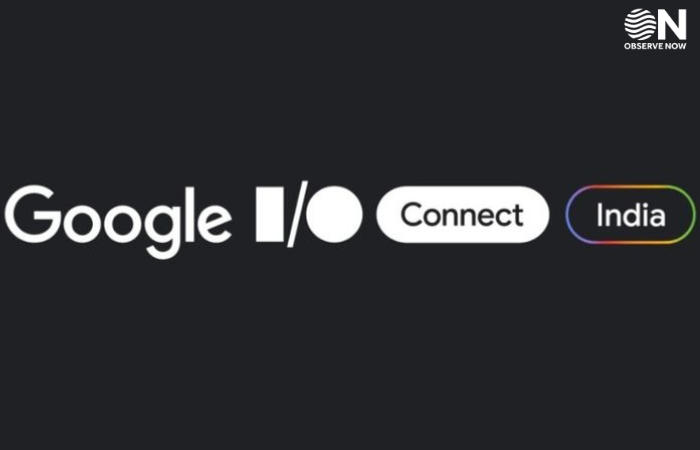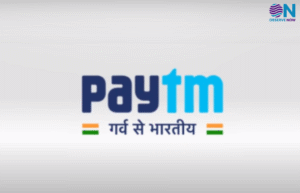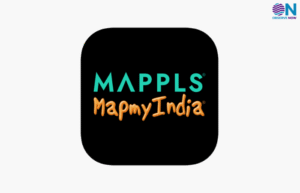Google Unveils Ambitious AI and Developer Push at Bengaluru’s I/O Connect India

Google has launched a suite of AI initiatives tailored to bolster India’s developer ecosystem and support the nation’s ambition to build homegrown artificial intelligence. Revealed at the company’s inaugural I/O Connect India event in Bengaluru on July 23, these programmes target enhanced local AI capabilities, developer productivity, and strong collaborations with the IndiaAI mission.
One of the headline announcements is the localized deployment of Gemini 2.5 Flash, Google’s lightweight yet powerful model, processed entirely within India. This ensures low-latency operations and data residency for sectors handling sensitive information—such as healthcare, finance, and public services. By processing critical workloads locally, Google aims to meet both regulatory and performance demands for enterprise-grade AI applications.
In partnership with the IndiaAI mission, Google is working directly with three selected startups—Sarvam, Soket AI, and Gnani—to develop proprietary AI models on its open-source Gemma platform. These collaborations are complemented by a technology-sharing effort with IIT Bombay’s BharatGen, focused on improving Indic language speech recognition and text-to-speech systems.
For app developers, Firebase Studio has been upgraded with agentic AI tools, offering ready-to-use templates and seamless backend integrations. This enables developers to build, deploy, and iterate full-stack AI-powered applications more efficiently and with minimal infrastructure overhead. Additionally, Google has partnered with Unity to launch a training programme targeting 500 Indian game developers, offering skills in programming, design, and asset development, thus nurturing India’s burgeoning game creation community.
The event also spotlighted the impact of Google’s ecosystem in India, with over ₹4 lakh crore in revenue generated by Google Play and Android platforms in 2024, supporting approximately 3.5 million jobs nationwide. Google reaffirmed its commitment to serving India’s mobile-first developers with local tools and support.
Echoing Google’s broader global strategy, the Bengaluru event emphasized enabling local innovation through global AI products. As Preeti Lobana, Country Manager of Google India, noted: “India’s developers are shaping how the world will use AI.” Manish Gupta, Senior Director at Google DeepMind, echoed this sentiment, celebrating Indian developers as “writing the next chapter of India’s success story”.
By aligning local model deployment, enterprise-ready tools, developer training, and deep startup partnerships, Google’s latest announcements mark a strategic pivot toward building an AI-first India. This effort goes beyond product localization—it signals a long-term commitment to ensuring that Indian innovation is powered by domestic infrastructure, generative AI platforms, and ecosystem support.
This push arrives amidst a wave of global competition in generative AI, with Google racing to convert its Gemini models into viable, scalable solutions—and doing so in ways tailored to India’s linguistic, regulatory, and market characteristics.
















